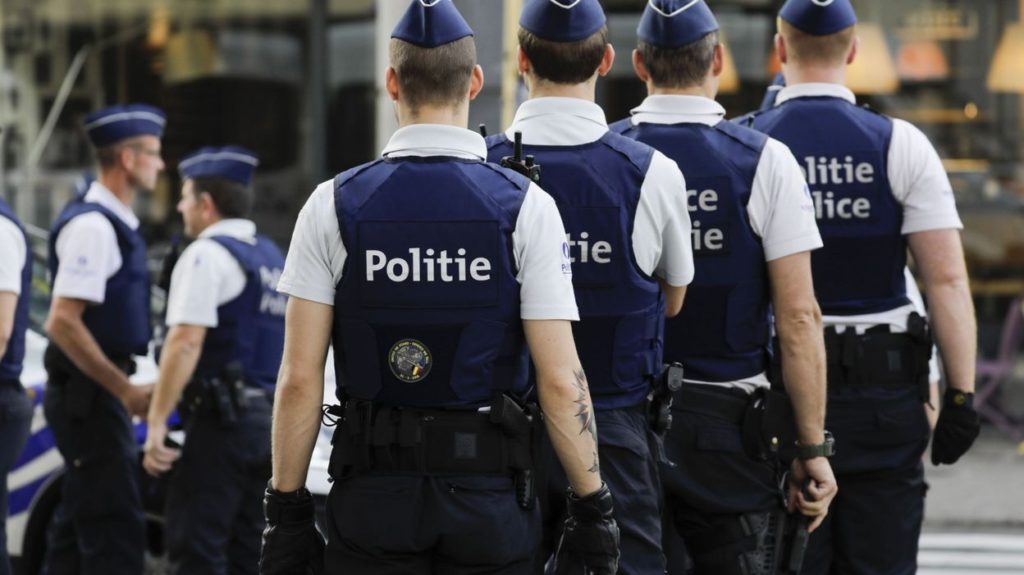One month ago, seven organisations including Amnesty and the Human Rights League called for an end to ethnic profiling by the police in Belgium.
Now, new research suggests that ethnic profiling often begins with members of the public when they make a complaint to the police, rather than with the police themselves.
The research was carried out by criminologist at the National Institute for Criminalistics and Criminology, attached to the federal justice ministry.
Dr Van Praet spent two years researching the question of ethnic profiling in the Brussels North police zone, which includes Schaerbeek, Evere and Saint-Josse, one of the most populous zones in the capital.
Ethnic profiling takes place when police choose to approach a member of the public solely on the basis of their race or ethnicity.
Dr Van Praet recorded instances of interactions between police and members of the public, including details of what led to the interaction and how it was dealt with – an arrest, a search, a discussion or no action.
What she found was that in more than half of all cases, the reason why police officers interacted with someone of another ethnicity – and Schaerbeek and Saint-Josse are two of the most ethnically diverse communes in the city – was because of a complaint from a member of the public.
In other words, the ethnic profiling seems to take place initially on the part of the public, with the police simply reacting to the complaint made. In a minority of the cases where ethnic profiling seems to have taken place, it was the police who initiated the interaction.
Nonetheless it is those incidents which make the headlines, most recently when a German MEP, Pierrette Herzberger-Fofana, accused the police of the zone of treating her in a heavy-handed manner for no apparent reason.
Ms Herzberger-Fofana is a black African. She lodged a complaint. The police meanwhile reacted strongly by filing suit for defamation.
“I don't know what happened there,” Dr Van Praet told Bruzz. “Both sides come up with a different story and I can imagine both scenarios vividly. I know that there are a lot of cameras and I hope a few were well placed. Hopefully the incident is an invitation to enter into a dialogue about transparency and communication.”
The number of police interventions that are caused by a complaint or report from a member of the public is about 90%, she estimates. The problem can be seen in the case of one caller who complained of three black men sitting on a bench who seemed to be selling drugs.
“Indeed, people often call dispatching to complain about neighbours or people of colour: discrimination is a social problem,” she said.
“But we also have to look at the way in which the call is handled. I find it problematic if a complaint is sent by machine. The system goes like this: the patrol receives a call, goes to the location, and the officers ask for papers. There is a search, but there are no drugs, and then the police are gone. For those people it seems like the police only stopped because they are black. But that's not what happened on the police side.”
Meanwhile, the Comité P, the independent body which scrutinises the work of the police, issued its latest annual report, in which it notes a 10.8% drop in the total number of complaints about the police in 2019 compared to 2018.
However the number of complaints about the attitude of the police towards the public rose. That category included impolite language, aggressive or threatening language, and discriminatory treatment.
The committee’s figures cover the whole of the country, and deal only with 2019.
The figures are “disturbing,” according to another criminologist, Jelle Janssens of the university of Ghent.
“Apparently, the attitude of the police towards the public is problematic,” he told De Morgen. “In some categories -- such as excessive violence or aggressive language -- there are increases of 3% or 4% percent.”
Alan Hope
The Brussels Times

